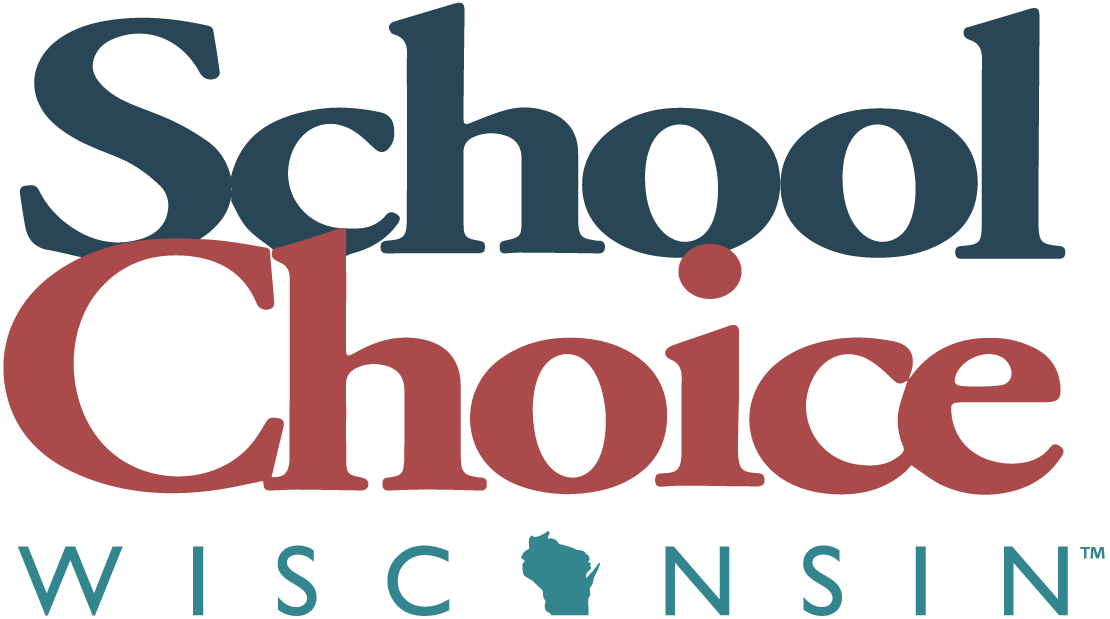For Schools
For Schools
Resources and Support for Choice Schools
Find School Resources
School Choice Wisconsin supports Wisconsin choice schools through seminars, events, advocacy, and assistance with onboarding and compliance. Browse our school resources and if you don’t find what you need, contact us.
Choice Schools MapUse our interactive map to find other choice schools in your area. |
School Choice SeminarsAccess seminars on topics such as EANS funding, school audits, and more. |
Joining the School Choice Program
- Contact SCW: WE’RE HERE TO HELP
School Choice Wisconsin will be your go-to partner as you explore bringing the choice program to your school: [email protected] or 414-319-9160. - Board Presentation: AT YOUR LOCATION
SCW staff is available to meet at your school to introduce the program and provide Q&A for your board. - Stakeholder Meeting: AT YOUR LOCATION
Interested parents and community members can get their questions answered by school choice experts. - Timeline: AT-A-GLANCE
This easy-to-use reference helps schools manage program deadlines during their first year. - Onboarding: YOUR FIRST YEAR
SCW staff will coach you through a tool box of resources to ensure successful implementation. - Training: REQUIRED TRAINING AND QUIZZES
Training is available for anyone who wishes to learn more about the private school choice programs and is a requirement for new choice administrators.
Professional Development Opportunities
FAQs for Schools
Schools
Title IX only applies to institutions that receive federal financial assistance from the U.S. DOE. Private elementary and secondary schools whose students or teachers receive equitable services under federal education programs are not considered to be “recipients of federal financial assistance.” (Council for American Private Education).
20 U.S.C. §§ 1681–1688; 34 C.F.R. Pt. 106; 28 C.F.R. Pt. 54. In this [Dear Colleague] letter, the term “schools” refers to recipients of Federal financial assistance at all educational levels, including school districts, colleges, and universities. An educational institution that is controlled by a religious organization is exempt from Title IX to the extent that compliance would not be consistent with the religious tenets of such organization. 20 U.S.C. § 1681(a)(3); 34 C.F.R. § 106.12(a).
Schools must accept any student with a voucher that meets income eligibility and residency requirements. Schools are not permitted to select students with a voucher based on any other factors. Once a child is admitted, the private school is only required to offer those services assisting students with special needs that it can provide with minor adjustments. Private schools should work with their school districts, which have the legal responsibility to provide services to special needs children in private schools.
No, schools are not required to provide transportation to students participating in choice programs. If the school chooses to provide transportation, a fee may be charged. In certain situations, the district is obligated to provide transportation to the student or enter into a contract with parents to reimburse for transportation costs.
No, a school may not impose any penalties on a parent or child in the choice program for failure to engage in fundraising (which would include any required service to the school). Schools may ask all parents if they would voluntarily assist their child’s school. For more information, please consult the DPI bulletin “Student Tuition and Fees.”
Yes, parents can choose to opt their children out of formal religious instruction and worship, however most schools do not receive such requests. Religious schools should still remain true to their mission and culture and they may continue to inspire their curriculum with the teachings and values of their faith. Schools may display symbols of their faith in hallways and classrooms, pray together at the beginning of class or before meals, and all other actions that affirm their belief and traditions.
Yes, state law requires schools participating in Wisconsin’s school choice programs to have policies and procedures in place and published in handbooks that regulate suspensions and expulsions. The school’s handbooks and written policies should be explicit as to student responsibilities, expectations, and causes for disciplinary action, including suspension and expulsion. Once a student is enrolled and accepted in the school, he or she is bound by school policies and procedures including suspension or expulsion. Parents and older students should sign a document stating that they have read the handbooks and policies, understand them, and will abide by them. This document forms a contract between the school and the parent/student. A school must supply parents with a copy of its handbooks, including the procedures the school has in place for imposition or appeal of suspensions or expulsions.
 Skip to content
Skip to content